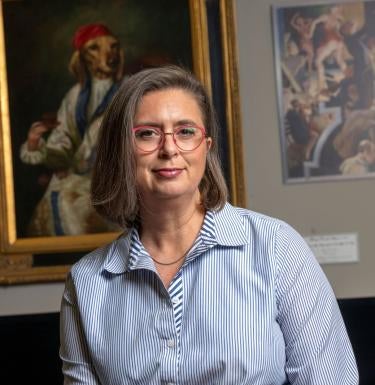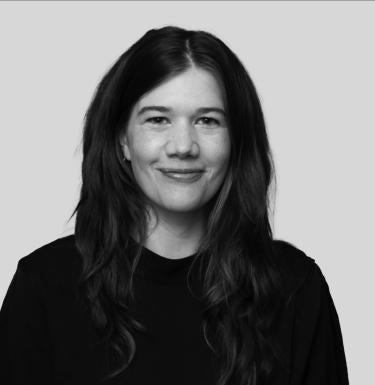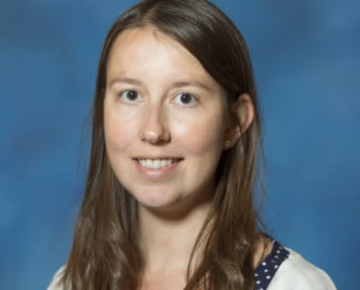An interdisciplinary field, library sciences apply the theories, knowledge, skills, ethical foundations, and social responsibilities of the information professions into critical and reflective professional practice for the benefits of individuals and communities. The field also studies the collection, dissemination, organization, and preservation of information resources.
Archives support human memory and preserve essential evidence of activities and events. Archivists engage in work including the appraisal, arrangement, description, preservation, and accessibility of records created in a variety of formats, from historical manuscripts to photographs and digital documents. The field of archival studies examines theoretical, ethical, and practical approaches to this work.
Researchers in these sciences study all these aspects and more of archival work, librarianship, and information sciences, from developing a framework for sustaining archives to the death of digital platforms.









